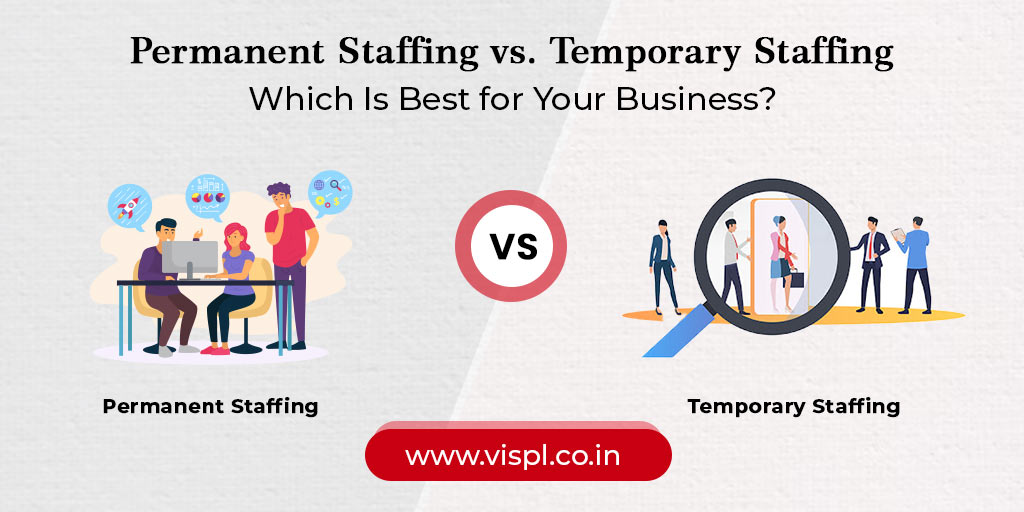Understanding Legal and Compliance Aspects in Your Outsourcing Journey
페이지 정보

본문
This post is a submission by Managed Services Partners. Managed Services Partners is an outsourcing firm with over 6 years of experience assisting companies enhance operations and drive development.
Embarking on the outsourcing journey is an endeavor that numerous services carry out to enhance performances, minimize expenses, and take advantage of specialized talent.

However, alongside these prospective advantages come a host of legal and compliance intricacies that must be thoroughly browsed to make sure the success and sustainability of contracting out initiatives.
This comprehensive guide will explore key legal and compliance considerations, with a concentrate on data privacy laws, non-disclosure arrangements (NDAs), non-compete provisions, and the important role of adaptability in today's dynamic business environment.
The outsourcing landscape
Outsourcing is more than a method for unloading non-core tasks; it is a transformative technique that can enhance a business's versatility and competitiveness.
Whether it's IT services, customer support, producing processes, or human resources, outsourcing can use a substantial edge. Companies that effectively outsource can concentrate on core organization operations, drive innovation, and access leading talent without the overhead expenses of full-time employment.
However, this journey is not without its legal and compliance difficulties. Companies need to be mindful of the intricacies surrounding the transfer and management of information, the defense of copyright (IP), and the maintenance of regulatory compliance.
Given the worldwide nature of outsourcing, businesses need to likewise consider cross-border legal ramifications, which may differ considerably depending on the country where the outsourcing company operates.

Understanding these elements is necessary in making sure that outsourcing collaborations align with a company's tactical objectives while mitigating potential legal threats.
In most cases, services that overlook legal and compliance considerations face costly disagreements, loss of sensitive information, or reputational damage that can take years to recover from.
Importance of legal considerations
Outsourcing inherently involves legal factors to consider that are vital to protecting a business's interests. At the leading edge is the to protect delicate details. Companies need to understand and stick to information personal privacy laws that govern the jurisdictions in which they run.
This is particularly crucial as data breaches can lead to severe punitive damages and reputational damage.

Furthermore, copyright rights must be plainly defined in contracting out agreements to avoid unauthorized usage or misappropriation of exclusive properties. If these rights are not correctly established, a company may lose control over important developments or personal business processes.
For companies operating in highly regulated markets such as health care, finance, or legal services, compliance requirements are even more stringent.
Complying with policies such as the General Data Protection Regulation (GDPR) in Europe or the Medical Insurance Portability and Accountability Act (HIPAA) in the United States is important to preventing legal issues.
Non-Disclosure Agreements (NDAs) and non-compete stipulations
When outsourcing, companies often share exclusive info with external provider.
To secure this valuable info, NDAs are used. These contracts are created to prevent the unauthorized dissemination of private information, thereby protecting the company's competitive benefit.
NDAs ought to be detailed and lawfully binding, plainly outlining what constitutes secret information and the obligations of both celebrations in handling delicate information. Businesses need to also make sure that their NDAs include provisions for legal recourse in case of breaches.
Similarly, non-compete stipulations can be included to prevent company from exploiting delicate understanding gotten throughout the contracting out collaboration to benefit a competitor. This is specifically essential when outsourcing freelancers or firms that might have numerous clients in the same market.
However, the enforceability of non-compete clauses can differ substantially depending upon the jurisdiction. Some areas have rigorous regulations restricting the scope and duration of such clauses.
Therefore, it's essential for business to consult legal specialists with experience in the relevant legal frameworks to draft reliable contracts.
Contracts: Setting the foundation
Contracts serve as the plan for the contracting out partnership, specifying functions, obligations, deliverables, and timelines. They likewise outline the legal and compliance expectations for both celebrations.
A well-structured agreement ought to deal with several crucial elements:
Scope of work: Clear and detailed descriptions of the services to be offered, consisting of quality requirements and performance metrics.
Data security: Specific provisions connected to data defense, information transfer treatments, and breach alert protocols to make sure adherence to privacy laws.
Copyright rights: Provisions that establish ownership of IP produced during the partnership, and terms that protect pre-existing IP.
Termination provisions: Terms that address the possible end of the outsourcing relationship, including notification periods and conditions under which termination can take place without penalty.
Additionally, services need to consider implementing service-level arrangements (SLAs) to guarantee responsibility and efficiency tracking. SLAs specify quantifiable standards that the outsourcing service provider should meet, offering services with recourse if expectations are not fulfilled.
Engaging with service suppliers
Consulting with potential provider during the early stages of the contracting out journey is a tactical relocation. This engagement enables business to determine the provider's capability to satisfy legal and compliance requirements.
Thorough vetting processes, such as requesting referrals, examining previous tasks, and evaluating compliance certifications, can supply valuable insights into the supplier's dependability and adherence to market requirements.
Businesses ought to also assess the monetary stability of possible contracting out partners.
A service supplier that faces financial challenges may not be able to preserve operations long-lasting, posturing a threat to continuous tasks. Conducting due diligence in advance can prevent future disturbances.
The function of adaptability in legal and compliance strategies
Adaptability is a critical part of successful outsourcing, particularly when it pertains to browsing evolving legal landscapes. Regulations and market conditions can change quickly, making it vital for business to remain nimble.
Building versatility into contracts and developing procedures for continuous compliance monitoring can assist organizations adapt to brand-new legal requirements and maintain an one-upmanship.
For example, if a business is contracting out consumer assistance operations to multiple nations, they should ensure compliance with different nationwide laws regarding consumer security and data privacy.
Regularly updating policies and agreements in response to legal changes can prevent legal risks.
Real-world considerations and finest practices
To ensure legal and compliance success in outsourcing, companies must embrace the following finest practices:
Regular audits and assessments
Conduct regular audits and evaluations to make sure that provider remain certified with legal and regulatory requirements. This proactive approach can help identify possible spaces before they escalate into significant issues.
Training and awareness
Educate employees and outsourced groups on information defense practices and legal responsibilities. This makes sure that everybody involved in the outsourcing journey understands the significance of compliance and the role they play in safeguarding information.
Collaboration and communication
Foster a collaborative relationship with company. Open lines of communication can assist resolve compliance issues without delay and assist in joint problem-solving efforts.
Crisis management preparation
Have contingency plans in location in case of security breaches, agreement disputes, or provider failures. A well-structured crisis management plan makes sure that organizations can quickly react to challenges without significant disturbances.
Legal compliance for contracting out success
Understanding the legal and compliance aspects of outsourcing is necessary for organizations seeking to utilize external capabilities while securing their interests. By concentrating on key locations such as data privacy, NDAs, non-compete clauses, copyright rights, and versatility, companies can successfully navigate the outsourcing landscape.
Successful contracting out hinges on a collective approach between the company and its service companies. Building trust and preserving transparent communication can cause effective analytical and a shared dedication to compliance.

- 이전글Wes Streeting Cuts NHS HQ Staff Numbers In Half 25.05.07
- 다음글Understanding Legal and Compliance Aspects in Your Outsourcing Journey 25.05.06
댓글목록
등록된 댓글이 없습니다.